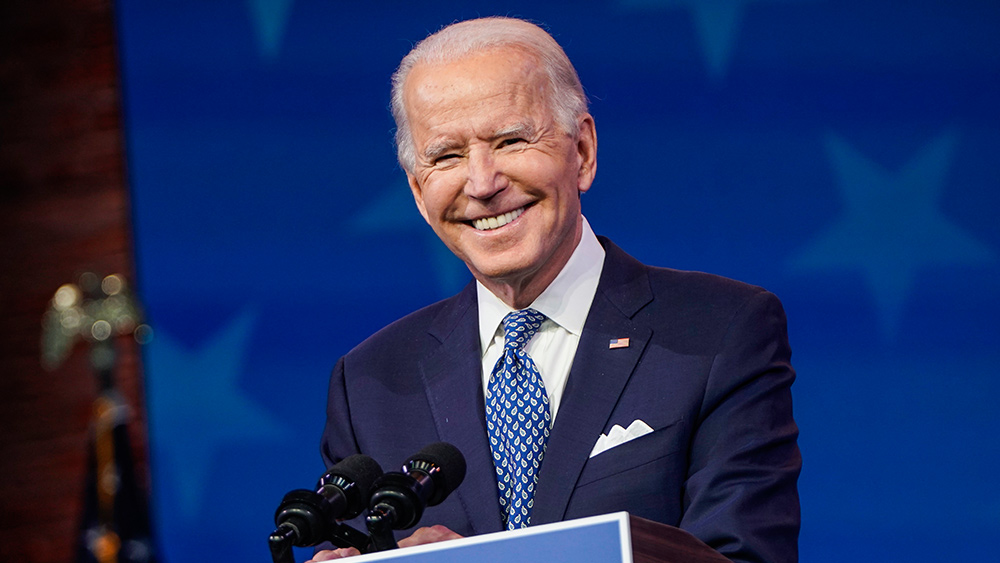
A new report revealed that trillions of dollars allocated to recovery programs following the Wuhan coronavirus (COVID-19) pandemic harmed the environment. It pointed out that only about a tenth of the $17 trillion in COVID-19 government bailouts was spent on activities that had a positive effect on the environment. The report also noted that governments have failed to fulfill promises of a "green recovery" following the COVID-19 pandemic.
The report published July 15 was penned by British economics consultancy firm Vivid Economics. It acknowledged that most of the $17 trillion went to emergency measures such as wage payments to keep economies afloat. However, about $4.8 trillion went to measures that had a mostly negative impact on the environment. These included outlays on road construction, airline company bailouts and boosts to food production.
It added that about $3 trillion was spent in ways that would offset the wins of green projects. This spending purportedly outweighed the $1.8 trillion spent globally on endeavors such as renewable energy and low-carbon transport. Renewable energy became cheaper than fossil fuels in most parts of the world and the cost of electric vehicles dropped, the report added.
Lead report author and Vivid Economics economist Jeffrey Beyer said the green recovery that many governments promised in 2020 had not materialized. "Governments could have done better. They're spending public money on things that harm the public. It's just shocking and impossible to justify," he said.
Beyer also lamented the insufficient amounts allocated toward green spending. "It's hard to be optimistic when you look at the evidence about how much climate change and nature have really not been considered in public spending decisions." Even the report itself seconded this observation: "Across the board, nature and biodiversity were almost entirely ignored. It appears that a greater proportion of spending damages nature than enhances it."
The report also looked at different countries' green spending habits
The Vivid Economics report pointed out that economic stimulus spending in 20 out of 30 countries it surveyed had a negative environmental impact. Through the Greenness of Stimulus Index (GSI), Vivid Economics assessed how environmentally friendly countries' stimulus packages were.
Most countries in Europe showed a higher positive contribution to the environment through their stimulus programs, with Denmark taking the top spot for its positive GSI score. Canada was the only non-European nation that made it to the list of positive contributors.
On the other hand, many leading economies spent more on environmentally harmful programs. Russia landed at the very bottom of the list, with its negative GSI score. China and India had the same ranking at the bottom due to their investments in coal-fired power plants.
The report also touched on the U.S. stimulus package. It noted that while the $1.9 trillion American Rescue Plan contributed to an increase in overall stimulus money, political wrangling reduced the allocations for green endeavors such as renewable energy. (Related: Leftist "green" energy agenda is "carbon imperialism" against the poor.)
It cited one particular instance of the U.S.'s wins in green policy being offset by the stimulus package. "While the American Rescue Plan flows largely to non-environmentally relevant sectors, it does provide significant funds for public transportation. [But it] also sets aside $11 billion for airports and aviation manufacturers, which mitigates its positive impact," the report noted.
It also elaborated that while the American Rescue Plan "does not specifically target climate change and biodiversity issues," it contains several measures that resulted in the U.S.'s index score to climb up. These included $30 billion investments in public transport, upgrades to water and sewer systems and energy efficiency projects.
Even though these programs were put in place, Vivid Economics's report noted that the U.S.'s GSI score remained in the negative zone. It explained that this negative score was a result of its COVID-19 recovery programs doing more harm than good. "Further greener legislation and ambiguous regulatory action needs to be coupled with an ever bigger low-carbon investment package to move to a positive score," it wrote. (Related: Biden's pause of new federal oil and gas leases could kill almost 200,000 jobs.)
Environ.news has more articles about how COVID-19 stimulus packages in different countries affect the environment.
Sources include:
Please contact us for more information.





















